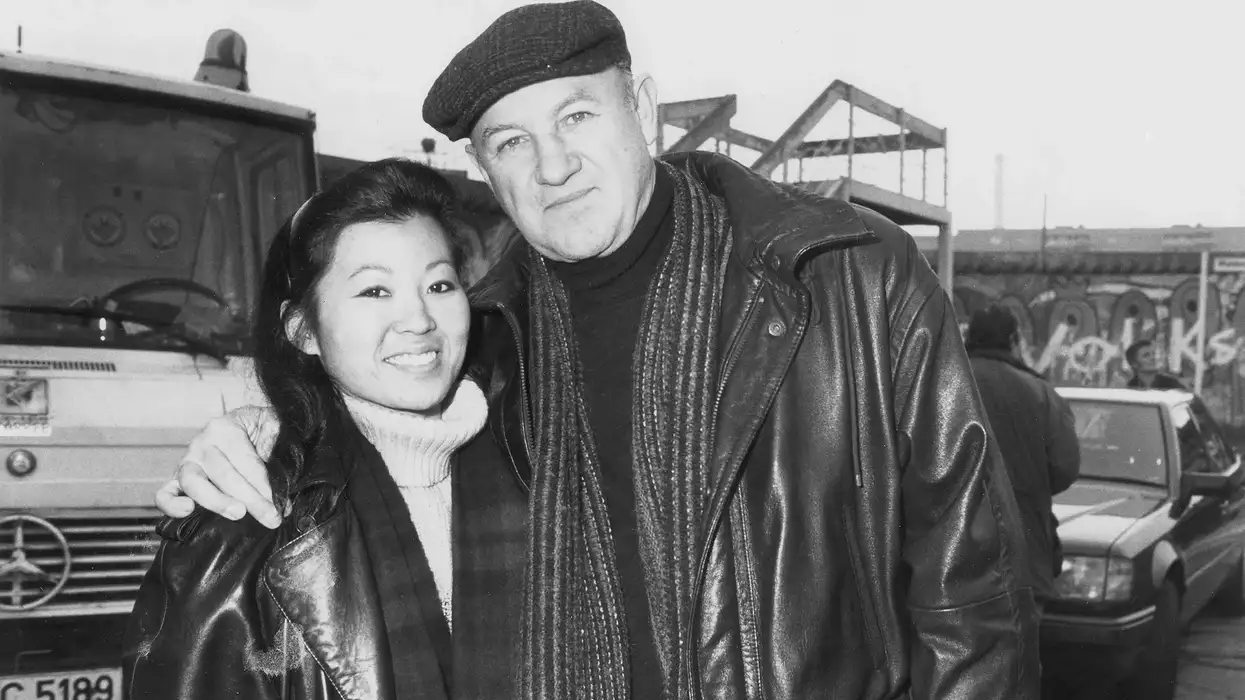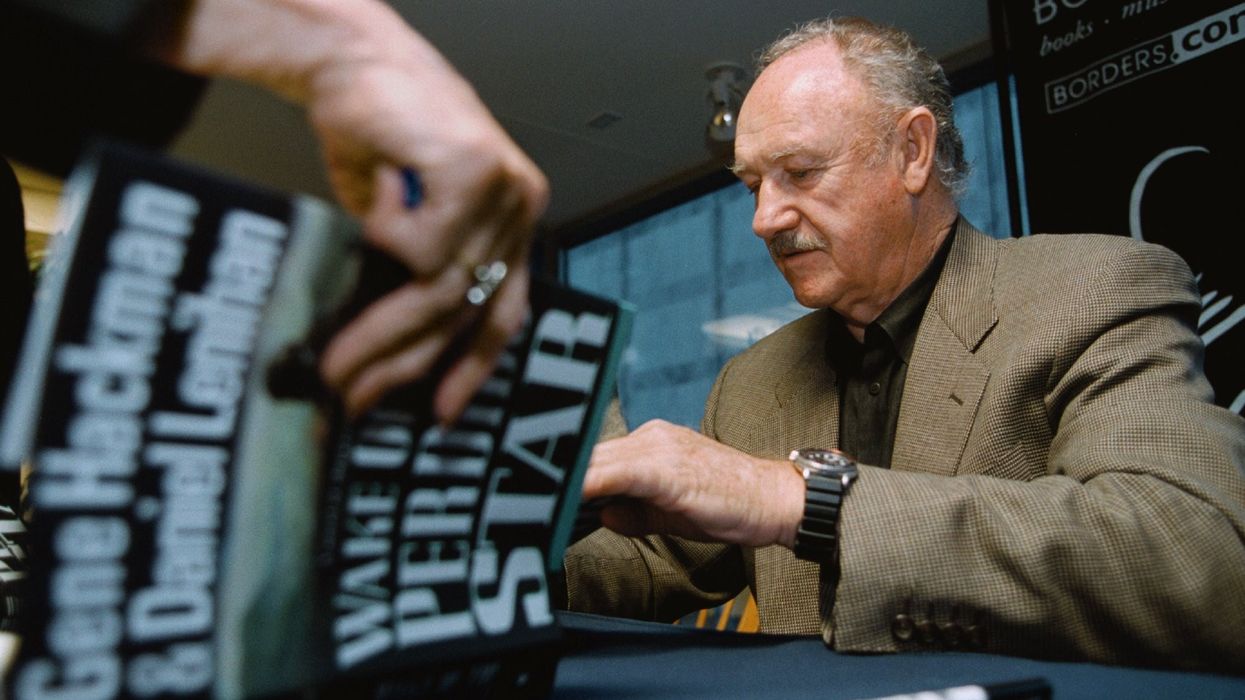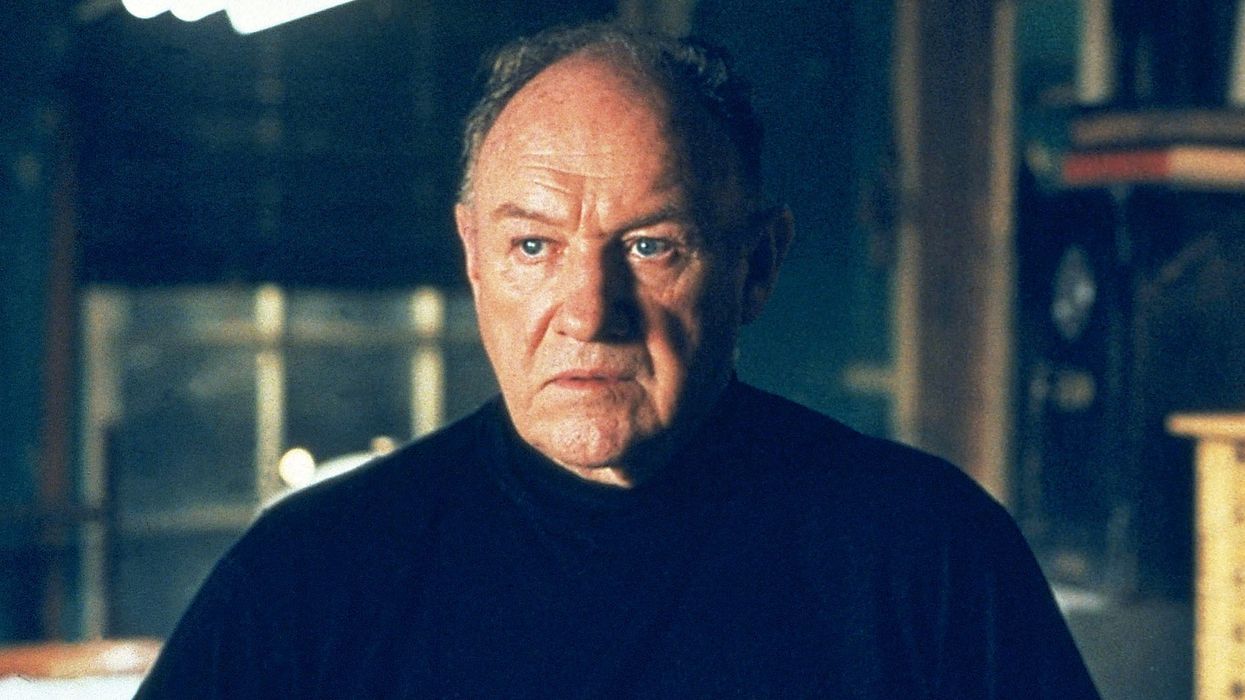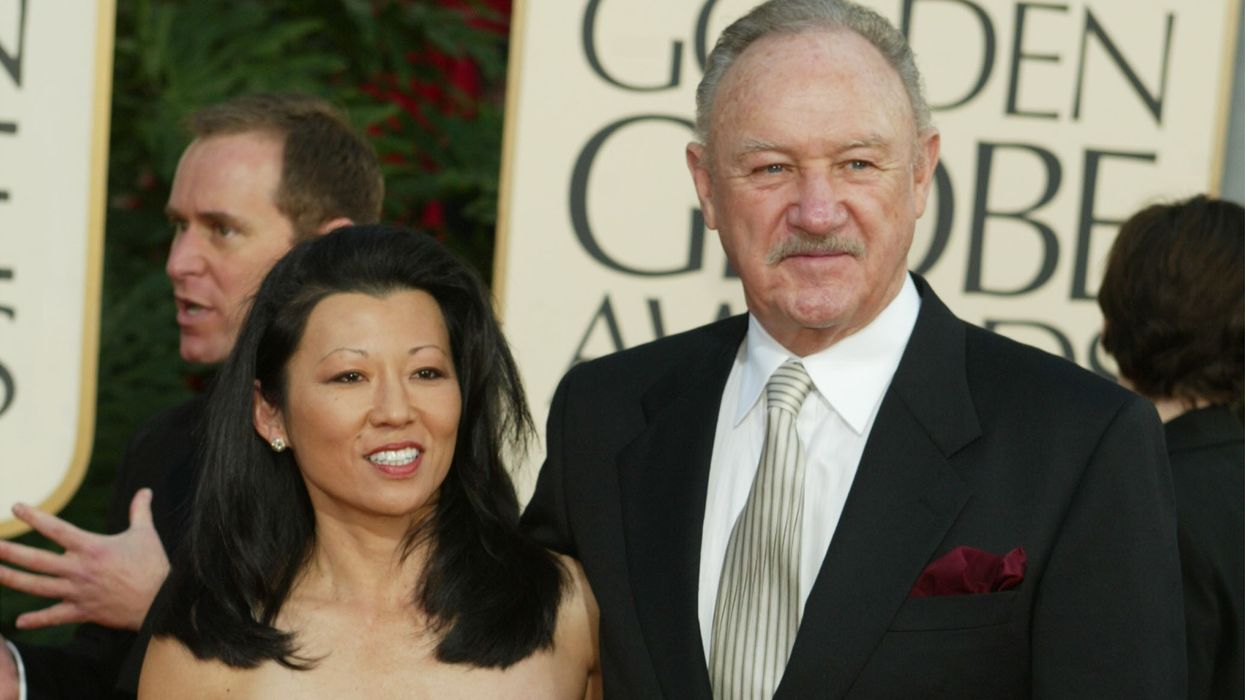Legendary actor Gene Hackman, known for his iconic roles in films like The French Connection and Unforgiven, and his wife, classical pianist Betsy Arakawa, were discovered deceased at their Santa Fe, New Mexico, home on Wednesday. The couple, along with their dog, were found during a welfare check initiated by a concerned neighbour, according to the Santa Fe County Sheriff’s Office. Authorities confirmed there was no immediate suspicion of foul play, though the exact cause of death remains under investigation.
Hackman, 95, had been retired from acting for nearly two decades, having last appeared in the 2004 comedy Welcome to Mooseport. Arakawa, 63, was a talented musician who shared a quiet life with Hackman in their secluded New Mexico residence. The couple married in 1991, and Hackman often credited her with bringing balance to his life after a storied but demanding career in Hollywood.

Hackman’s career spanned over four decades, earning him two Academy Awards, four Golden Globes, and widespread acclaim for his versatility. From gritty roles in The French Connection and Mississippi Burning to memorable performances in Superman and The Royal Tenenbaums, Hackman became a defining figure in American cinema.

Born in 1930, Hackman served in the U.S. Marine Corps before pursuing acting. He broke into Hollywood in the 1960s, eventually becoming one of the industry’s most respected actors. After retiring, he focused on writing, co-authoring several historical fiction novels and enjoying a quieter life away from the spotlight.

The news of their passing has left fans and the entertainment world in mourning. Hackman’s legacy as a transformative actor and Arakawa’s contributions to the arts will be always remembered, even as the circumstances of their deaths remain unclear. The couple’s neighbourly community in Santa Fe has expressed deep sadness, reflecting on their reclusive yet impactful lives. As investigations continue, the world remembers a man who tried, succeeded, and left an indelible mark on film and culture.





